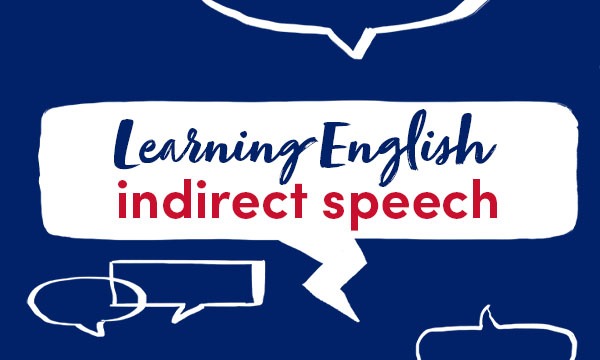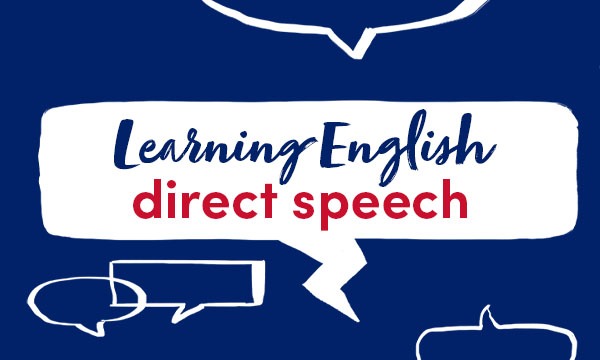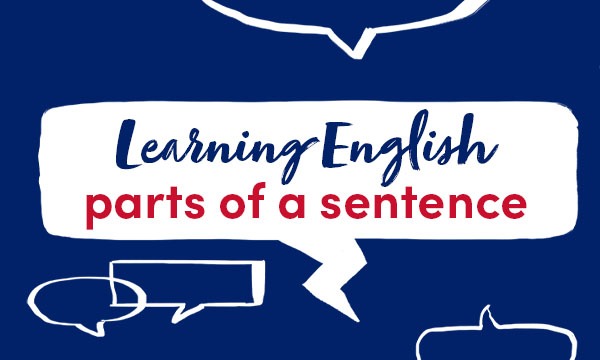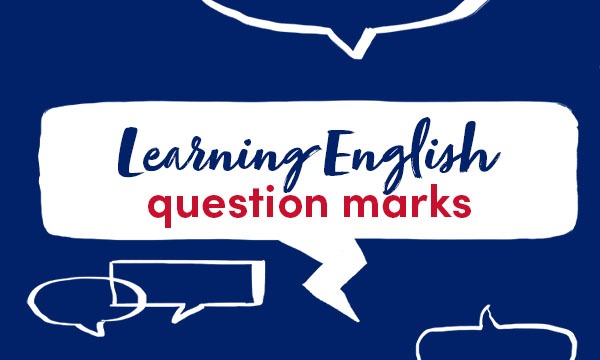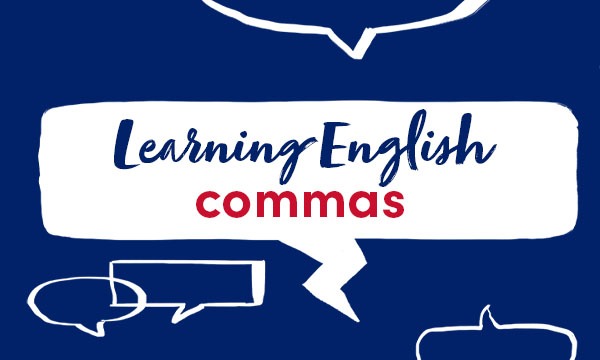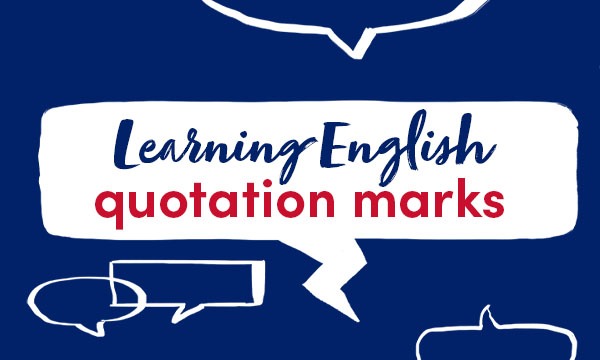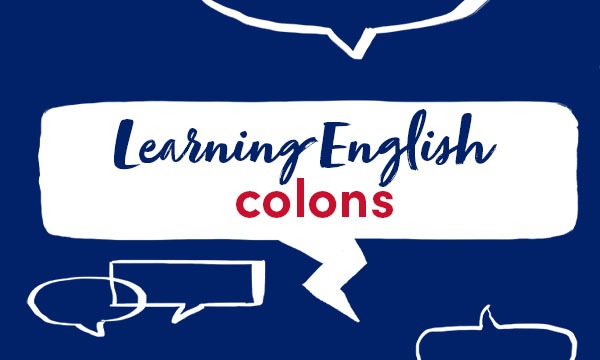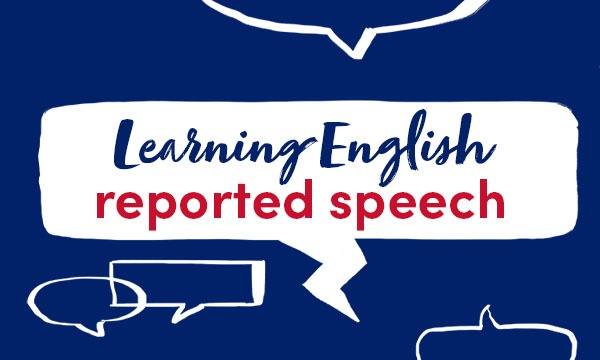
Reported speech
When you use reported speech, the words put into the reported clause do not exactly match the words spoken. ‘I’ll leave at 8.30 on Friday.’ à She says that she will leave at 8.30 on Friday. ‘I’m looking forward to seeing you.’ à She says she’s looking forward to seeing us. Pronouns and possessive… Read More
